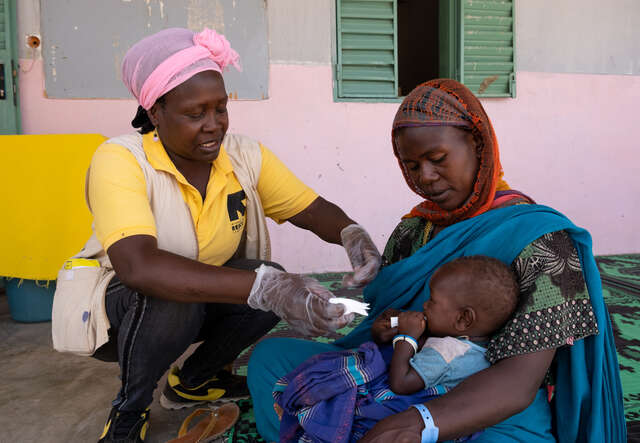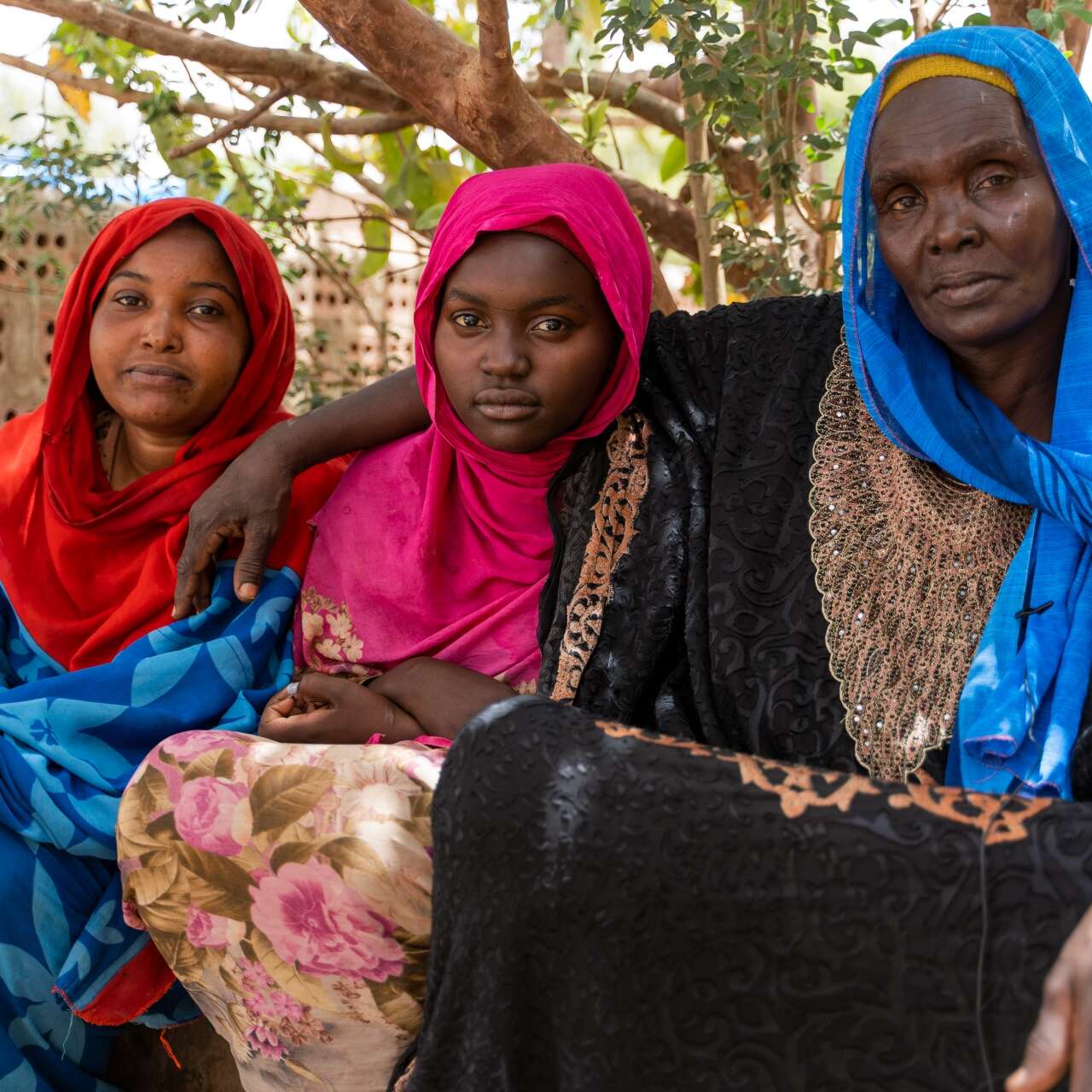
War in Sudan: Over 500,000 displaced since renewed clashes
Sudan is now the country with the largest number of displaced people and the largest child displacement crisis in the world.

Sudan is now the country with the largest number of displaced people and the largest child displacement crisis in the world.
Starting in April 2023, people in Sudan have been enduring almost eight months of war. Recently, renewed clashes broke out 15 December when one of the warring parties launched an attack on Wad Madani, a town in northern Al Jazira state. The town had previously been largely unaffected and had provided a refuge for around half a million displaced people from Khartoum. However, the incursion has led to a new wave of families being forced from their homes. As a result, the International Rescue Committee (IRC) and other humanitarian organisations have had to relocate their staff to safer areas.
The ongoing war has caused immense suffering to the people, with over 13,000 lives lost in just eight months. The situation has also led to the displacement of approximately 6.1 million people within the country, making it the biggest internal displacement crisis in the world. The most affected are children, accounting for half of the displaced population and facing severe impacts on their health and education.
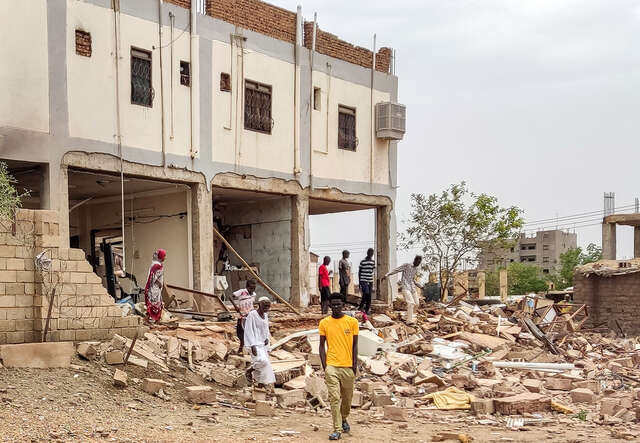
Since mid-April 2023, heavy fighting in Sudan’s capital has upended the lives of millions of children. "The staggering statistic of 14 million children in Sudan - half of all children in the country - requiring humanitarian aid is a stark reminder of the urgent need for collective action,” says Shashwat Saraf, the IRC’s regional emergency director in East Africa. “Every child deserves a chance to have a secure and healthy future.”
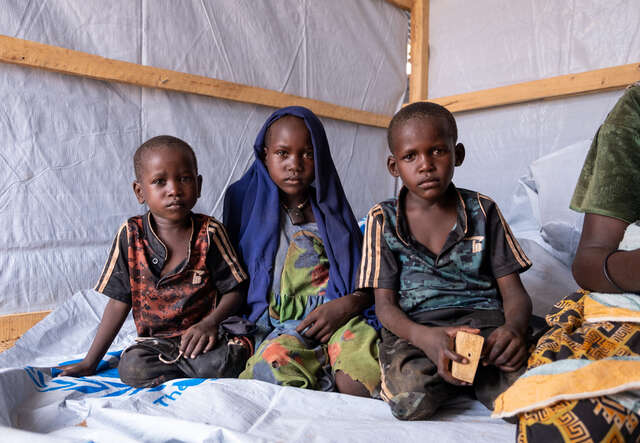
Right now, a staggering 24.8 million people - almost half of the population - are facing a severe food and malnutrition crisis. With high prices for food and low income, many families are struggling to meet their basic needs. are making it increasingly difficult for families to get what they need to survive.
Moreover, the cost of living is skyrocketing and the inflation rate is estimated to exceed 300% by the end of the year, resulting in a food and essential goods shortage for millions of people.
Even before the start of the conflict, some 3 million children under 5 suffered from acute malnutrition. But the situation has worsened with tens of thousands of families on the move now finding themselves at risk of not having enough food or good nutrition.
In addition to the food and malnutrition crisis, families are also facing limited access to essential services like basic healthcare, safe and adequate water, and sanitation services. As a result, the nutrition of children under 5 has further deteriorated. This is a critical situation that requires immediate attention and support from the international community.
One in every three children in the country - around 6.5 million - have lost access to school due to increased violence and insecurity in their region, with at least 10,400 schools shuttered in conflict-affected areas. Additionally, over 5.5 million children who live in areas less impacted by war are currently waiting for local authorities to confirm whether schools can be reopened. This leaves them in a state of uncertainty and further prolongs the disruption to their education.
Conflict and poverty have resulted in nearly 7 million children being out of school in Sudan. With the ongoing war, it is predicted that no child in the country will be able to return to school in the coming months, exposing them to immediate and long-term dangers including displacement, recruitment by armed groups and sexual violence.
The IRC continues to provide support in Blue Nile State and Tunaydbah camp in Gedaref State whilst operations are being set up in White Nile state. While operations are currently suspended in Al Jazirah state, we have set up two new mobile medical clinics, one in Gedaref-Mufasa and one in Russeiras Locality-Blue Nile state. This is to help people who have recently fled to different areas from the region.
Additionally, we are distributing hygiene kits to internally displaced persons (IDPs) in Damazine-BN. These kits are being given out in two schools where IDPs have settled, benefiting a total of 81 households so far.
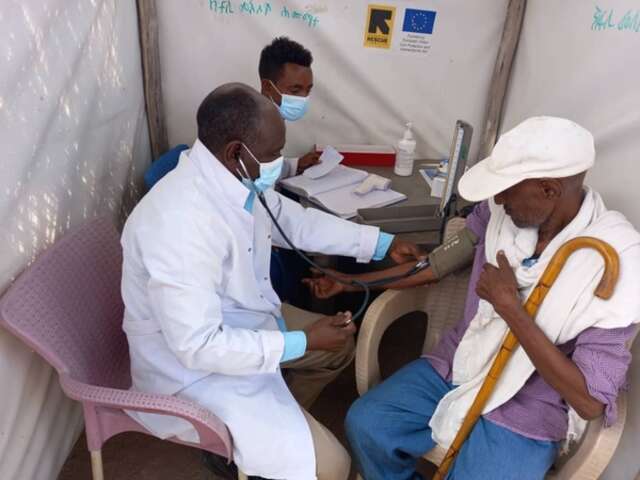
IRC teams are actively addressing malnutrition in food-insecure communities, employing a combined protocol approach using ready-to-use therapeutic food (RUTF), a fortified peanut paste. We are also prioritising the rebuilding of education services by providing learning materials and offering psychosocial support for children coping with trauma.
Since the start of the conflict, the IRC has also expanded our critical services to support Sudanese refugees, including in Chad, Ethiopia, and South Sudan. In Chad, the IRC is providing drinking water and running mobile health clinics to attend to the vast health needs of the arriving population. Additionally, we have scaled up support in water, sanitation, hygiene (WASH), health, and protection, ensuring access to safe facilities and promoting hygiene practices to prevent disease spread.
